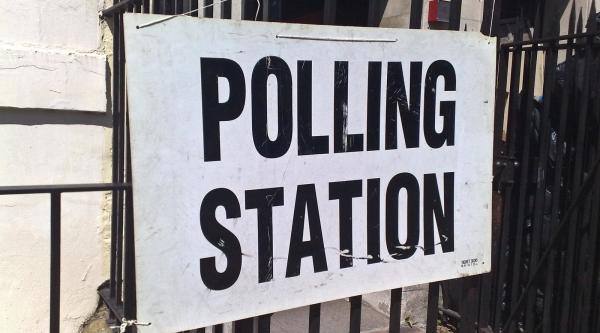Paying for dementia care if you have a partner
A financial assessment for care should only take into account the assets of the person with dementia, even if they have a partner.
- Paying for dementia care in Wales
- Financial assessment for care in Wales
- Paying for care home fees in Wales
- You are here: Paying for dementia care if you have a partner
- Do you have to sell your home to pay for care in Wales?
Does your spouse or partner have to pay for care?
The local authority should not usually ask for details of a partner’s finances. They should only ask about which capital and income belong to the person being assessed and which belong to their partner. Once they know this, the assessment should only take into account the finances of the person who needs care.
The only exception to this is where there would be a financial advantage for two people to be assessed as a couple.
How these assessments work is slightly different when paying for care in Wales or care in Northern Ireland.
If you have a joint account or other shared assets
If the person has joint bank accounts or other assets held jointly, the assessment can only include the share belonging to them. It will be assumed that the person’s share is half (50%) of these joint assets, unless they can show otherwise.
Financial assessment for care in Wales
To help them decide who will pay for the care of a person with dementia, a local authority will carry out a financial assessment.
Can you give away assets to avoid care fees?
The Social Services and Wellbeing (Wales) Act 2014 is clear that people are generally free to spend their money as they see fit. This is important for promoting their wellbeing and enabling them to live independent lives.
However, it should not be done deliberately to avoid or reduce how much they need to pay towards their care.
Deprivation of assets
A person may intentionally get rid of assets such as property or money to reduce the amount they need to pay for their care. This is classed as a deliberate deprivation of assets. For example, this may be giving money away to someone else, or transferring ownership of a property into someone else’s name.
When deciding whether a deprivation of assets has taken place, the local authority will consider:
- Whether the person had a significant motivation to avoid or reduce a charge.
- If a person got rid of assets at a time when they had a reasonable expectation of needing care.
- Whether a person would have had a reasonable expectation of needing to pay towards their care, either now or in the future.
If the local authority think the person has deliberately reduced their assets, they may still include the value of those assets in the financial assessment – as if the person still owned them.
If another person has benefitted from the deprivation, they may be made responsible for covering the costs.








